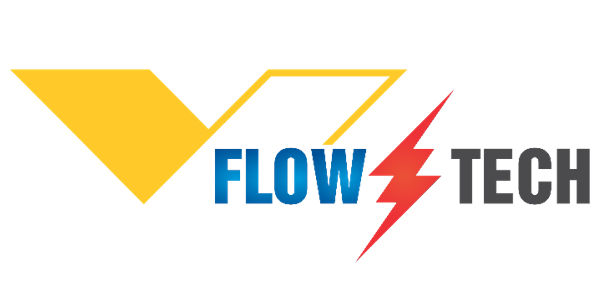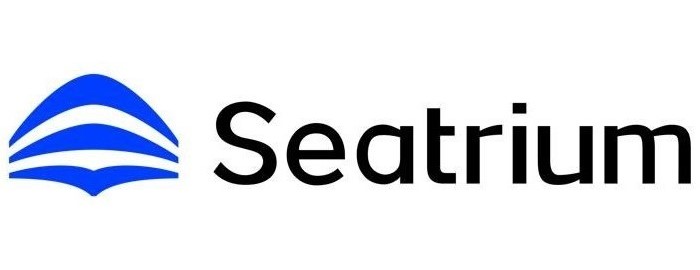Tasks:
● Develop and implement navigation algorithms for autonomous robots, including
localization, mapping, and path planning.
● Integrate sensor data from various sources (lidar, cameras, IMUs) to improve robot
perception and navigation capabilities.
● Work with simulation tools to validate and debug navigation algorithms in a virtual
environment.
● Collaborate with other team members to ensure overall system integration and
functionality.
Education:
● A bachelor's or master's degree in Robotics, Computer Science, Electrical
Engineering, or a related field is typically required.
Technical Skills:
● Robotics: In-depth understanding of robotic systems, kinematics, dynamics,
and control theory.
● Navigation algorithms: Proficiency in developing localization, mapping, and
path planning algorithms for autonomous robots.
● Sensor fusion: Experience with integrating data from various sensors (such as
lidar, cameras, IMUs) to improve robot perception and navigation.
● Linux, ROS, C++ and Python are your thing and you are familiar with modern
software development processes.
● Simulation tools: Experience with robotic simulation frameworks like Gazebo
or V-REP.
● Problem-solving and analytical skills: Strong analytical and problem-solving
abilities are vital for identifying issues, debugging complex systems, and
proposing effective solutions.
● Communication and teamwork: Excellent verbal and written communication
skills to collaborate with cross-functional teams, document technical
specifications, and present findings effectively.
Experience:
● Robotic navigation: Prior experience in developing navigation systems for
autonomous robots, including localization, mapping, and path planning.
● Sensor integration: Knowledge of integrating sensors like lidar, cameras, or
IMUs into the navigation system.
● ROS: Practical experience with the Robot Operating System (ROS) for robotic
software development and integration.
























